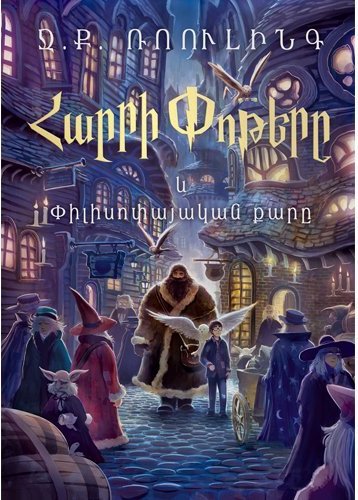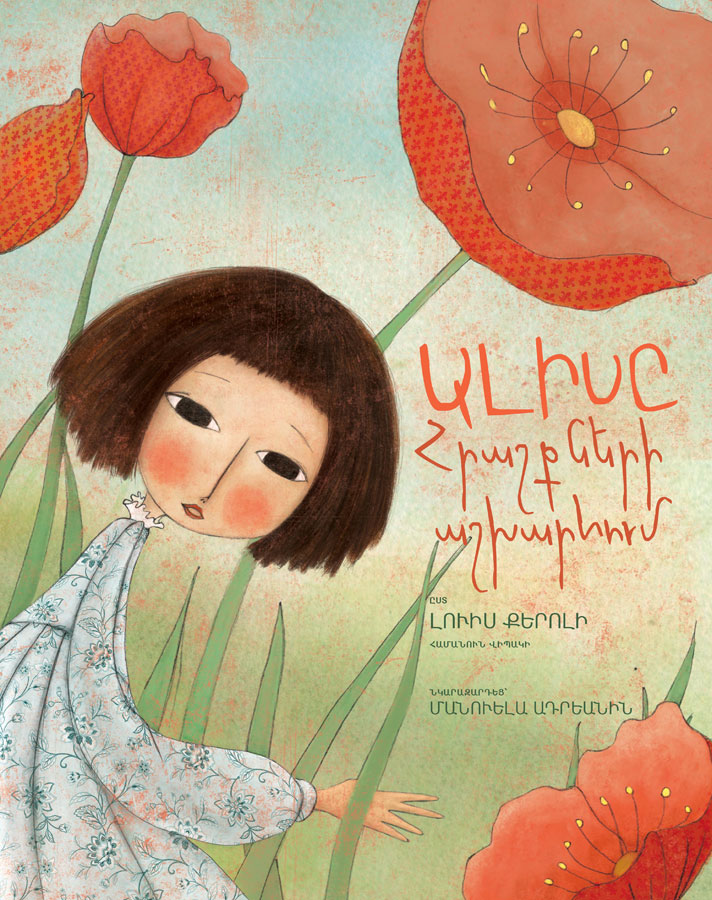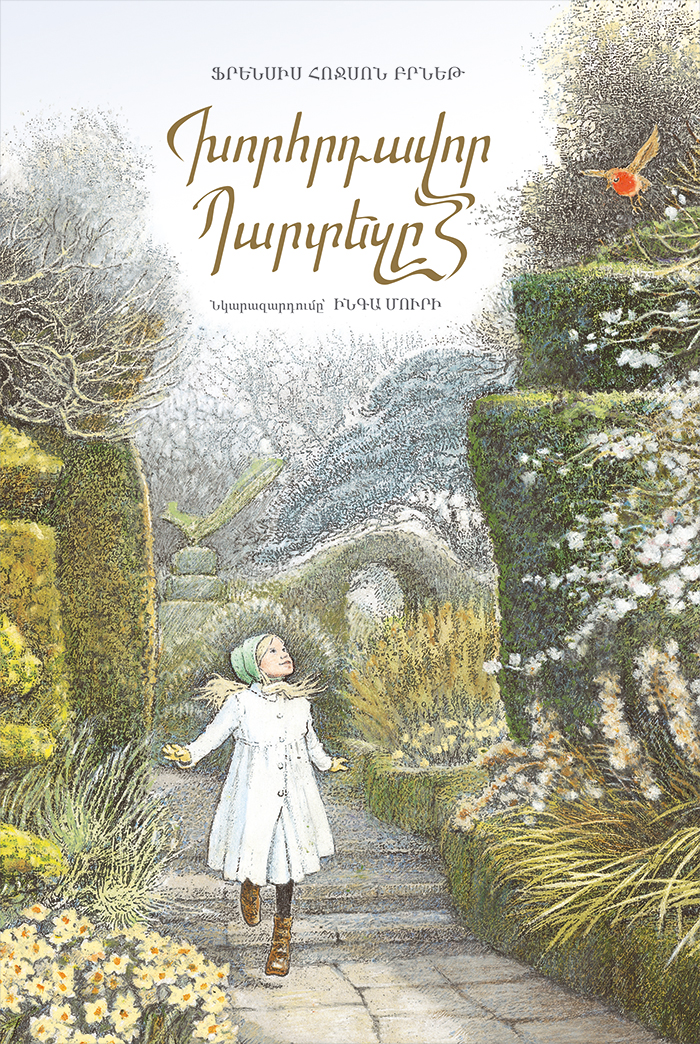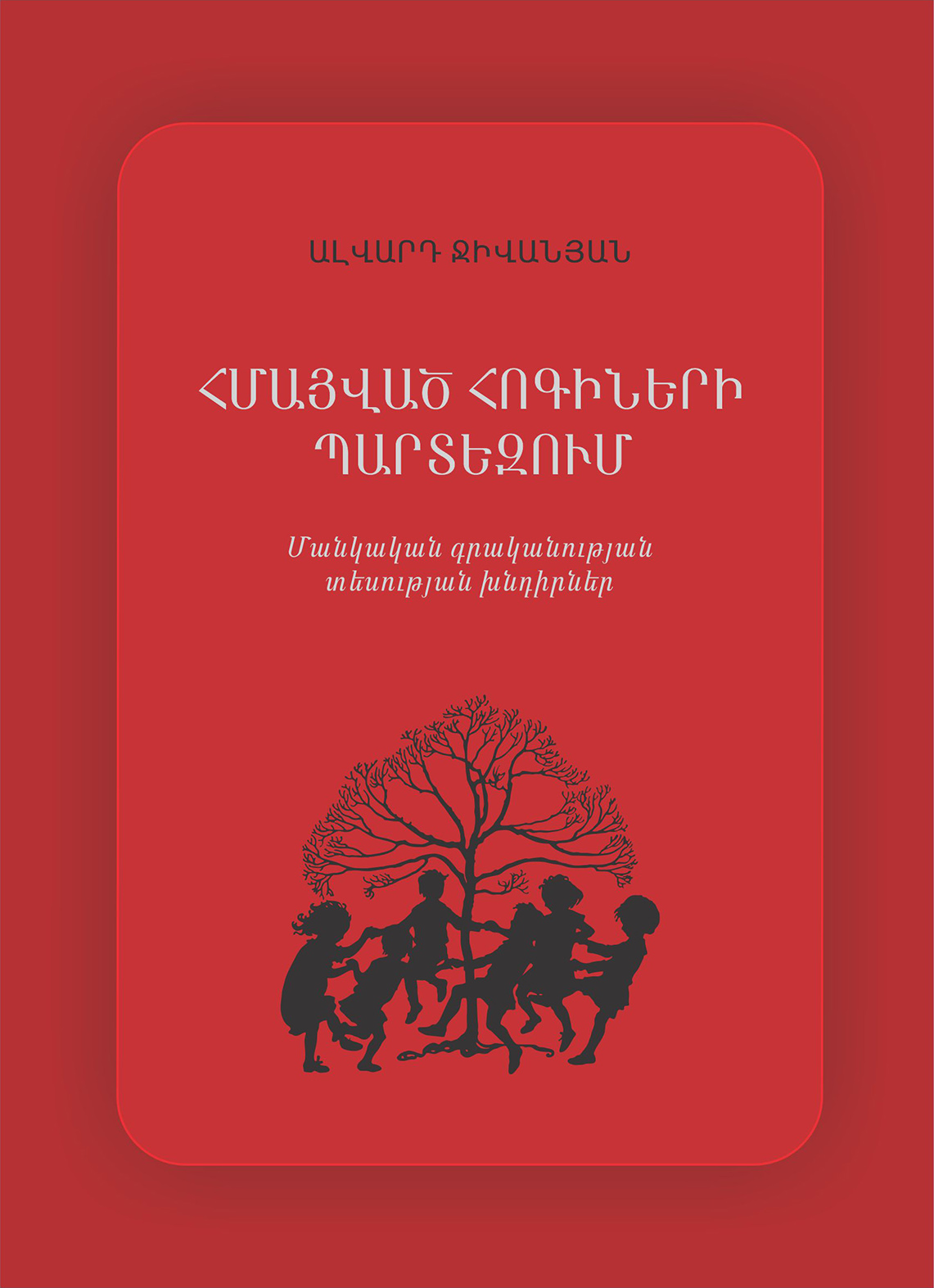February 13, 2024 | 12:50
Science
Education
According to YSU scientist, the role of women in science is significant
The UN General Assembly celebrates the International Day of Women and Girls in Science every year. It aims to eliminate all forms of discrimination against women in many fields, including education and employment. On the occasion of the day, we talked with Alvard Jivanyan, professor at the Chair of English Philology, Yerevan State University.
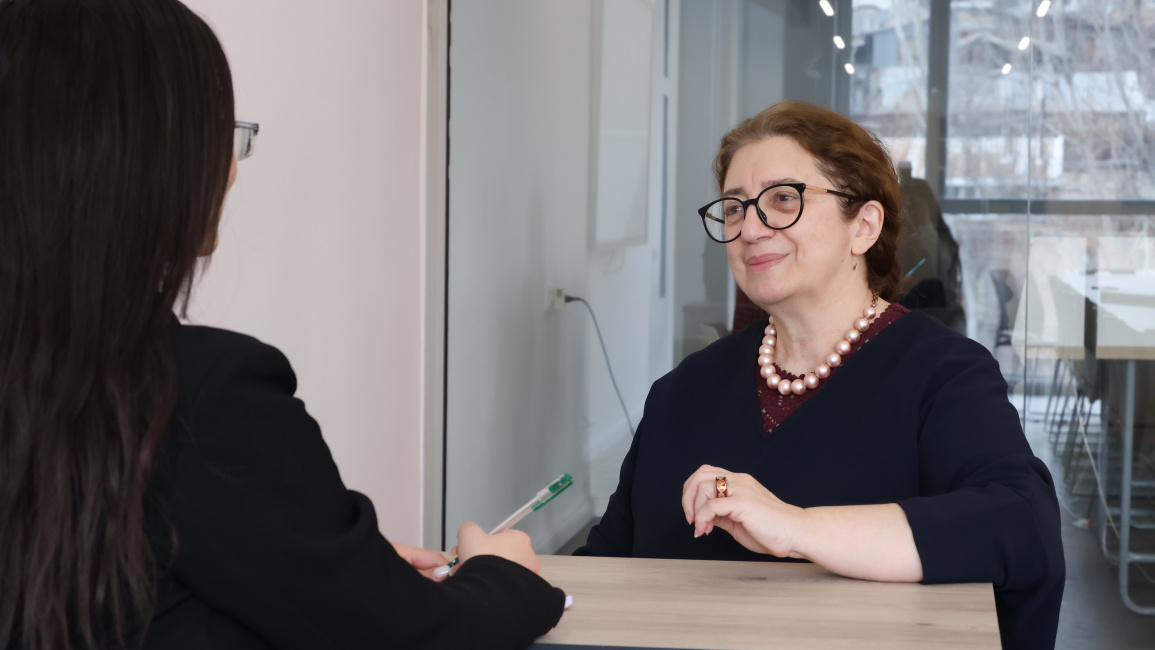
Alvard Jivanyan has been working at YSU since 1992. In the Chair of English Philology, she teaches "Stylistics", "Comparative folklore studies", "Basics of Translation Theory", supervises master's theses and candidate dissertations.
A. Jivanyan translated many books into Armenian, among which are 5 books of the "Harry Potter" series, "The Secret Garden" by Frances Hodgson Burnett, "Peter Pan in Kensington Gardens" by James Matthew Barrie, "Winnie the Pooh" by A. A. Milne, etc. Soon, her translation of the first part of "Mary Poppins" (by Pamela Travers) will be published.

A. Jivanyan is also the editor of children’s literature at Zangak Publishing House, the Head of the Department of Fairy-tale Studies at Hovhannes Tumanyan Museum, and the editor of two periodicals- "Voske Divan։ Journal of Fairy Tale Studies" and "Hasker: Yearbook of Children’s Literature and Folklore". In cooperation with YSU, conferences on fairytale studies are organized in the museum every year.
A. Jivanyan is the author of many scientific articles published in Yerevan, London, Washington, Edinburgh, Paris, Moscow, Uppsala, Beirut, Tartu and elsewhere.
The professor notes that it is rather difficult to combine various types of work, but she considers the different areas of her activity as one complete chain.
Alvard Jivanyan on the importance of women in science and their historical role
Women are able to discover subtleties and notice nuances.
For instance, in literature, even in painting, the author's gender factor is more distinct than in science. In science, I would not distinguish male and female scientists. The role of the female researcher in the field of fairy tale studies is slightly different. In particular, when studying folk tales, the female theoretician pays more attention to the role of female characters, revealing subtleties, layers of meaning, that may not be so interesting for a male analyst, or even not visible in some cases.
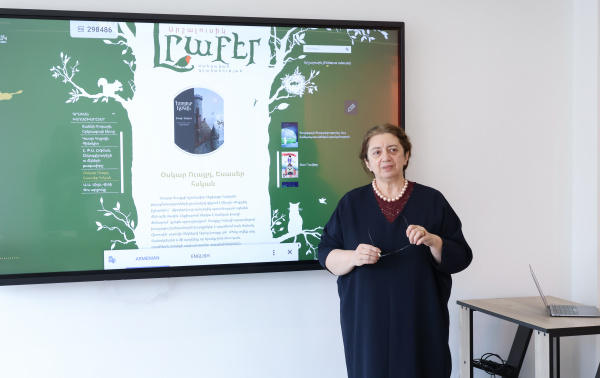
At the moment, an interesting issue of folklore studies is in the center of my attention. How does the narration of a fairy tale change depending on the gender of the storyteller? Of course, the storyline remains unchanged, but details, structures, stylistic features change, and they are very important for understanding the text the same way as the original text reader. Describing the differences in the writing styles of female and male writers, the famous Russian poet Zinaida Gippius noted how developed the role of female authors is and how much advantage they have in describing details and subtleties since the sharpness and dexterity of women's minds are expressed in the details.
In general, there should be no necessity to distinguish the gender of the scientist, although there is a traditional stereotypical division. In the field of humanities and philology, the number of women predominates, and in the field of exact sciences, the number of men predominates. One of the European thinkers of the 18th century, emphasizing the fact that women are more skilled in language subtleties, half-jokingly-half-seriously noted: "If you hesitate in language matters, turn to women; they know better."
The role of women during historical developments
I do not think that gender discrimination is a serious problem in our country now. Armenia is a free country, and the Armenian woman is quite emancipated from restrictions. Let me draw a simple parallel from Armenian grammar. In modern Armenian, the personal pronoun has no gender. This perhaps indirectly suggests that at the linguistic level as well gender differentiation is not as important as in many other Indo-European languages.
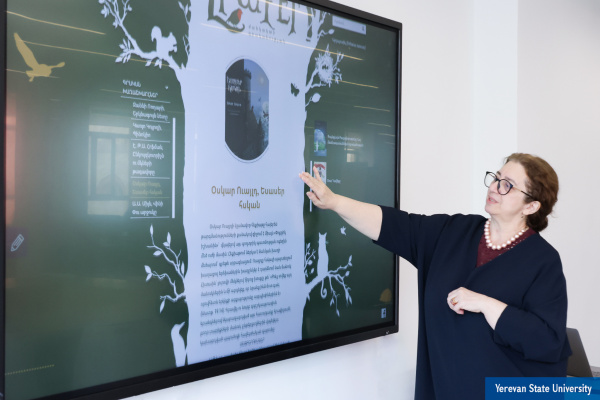
The distribution of social and professional roles of men and women is not constant as times change. Of course, the historical factor must also be taken into account. For centuries, men have regularly received education, while women's education was continuously banned in almost all cultures, so the history of women's education is far more summary, and obviously, men have an advantage in this regard.
Now I think women's involvement in various branches of science is sufficient. If a woman wants to enter the field of science, there is no barrier.
I see other issues. Aren't women overloaded today? Most of the women work in several institutions at the same time, and none of them freed women from the worries of managing economy and bringing up children. As for gender discrimination in the workplace, I have never seen any issues arise based on gender. The employees perceive the female scientist equally, in some cases it is not excluded that the female scientist is underestimated in the family. For family members, she is first of all a wife, a mother, and then only a scientist.
To succeed in science, a woman needs diligence, consistency, and super-organization.
It would be good if opportunities were created for female scientists to earn enough by engaging only in scientific activities. It's no secret that scientists take on other, less qualified jobs to take care of household issues. I advise women engaged in science to be courageous and consistent. If the goal of engaging in science is serious, there is always a way out.





